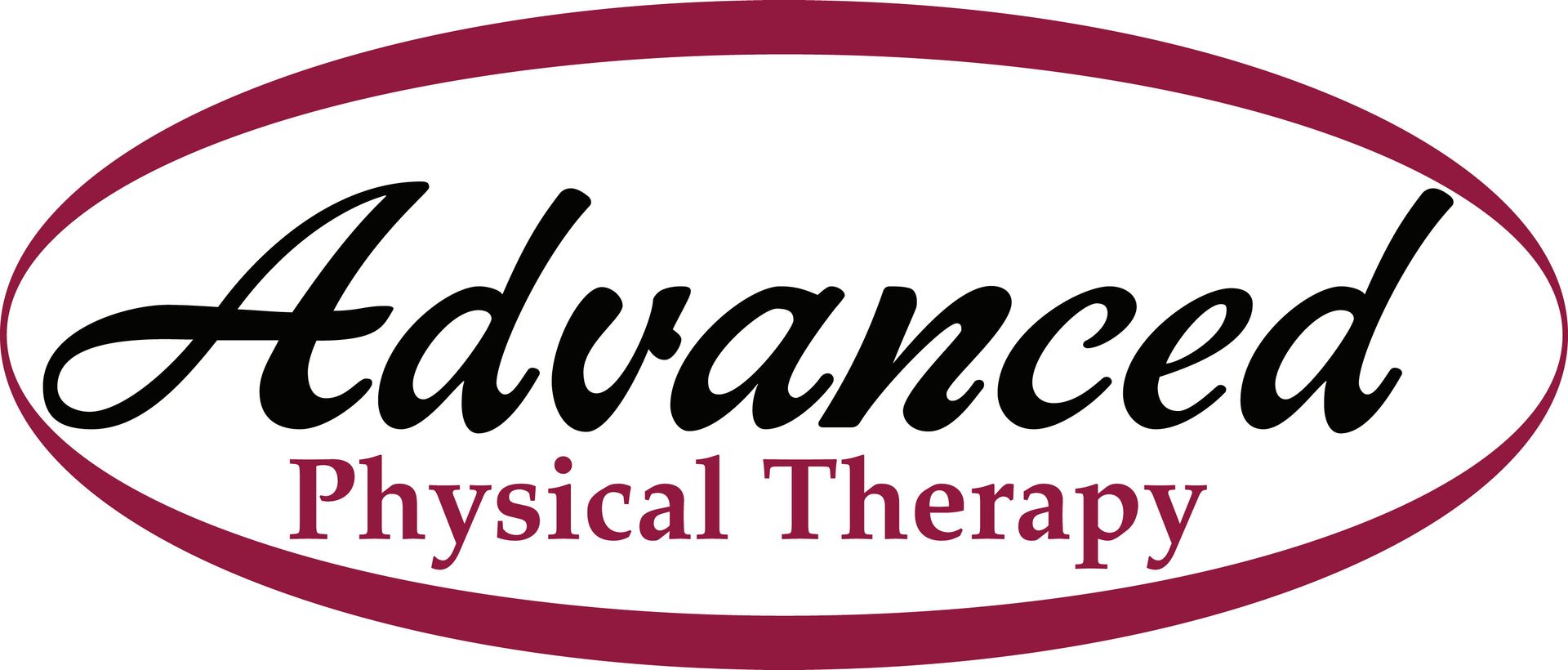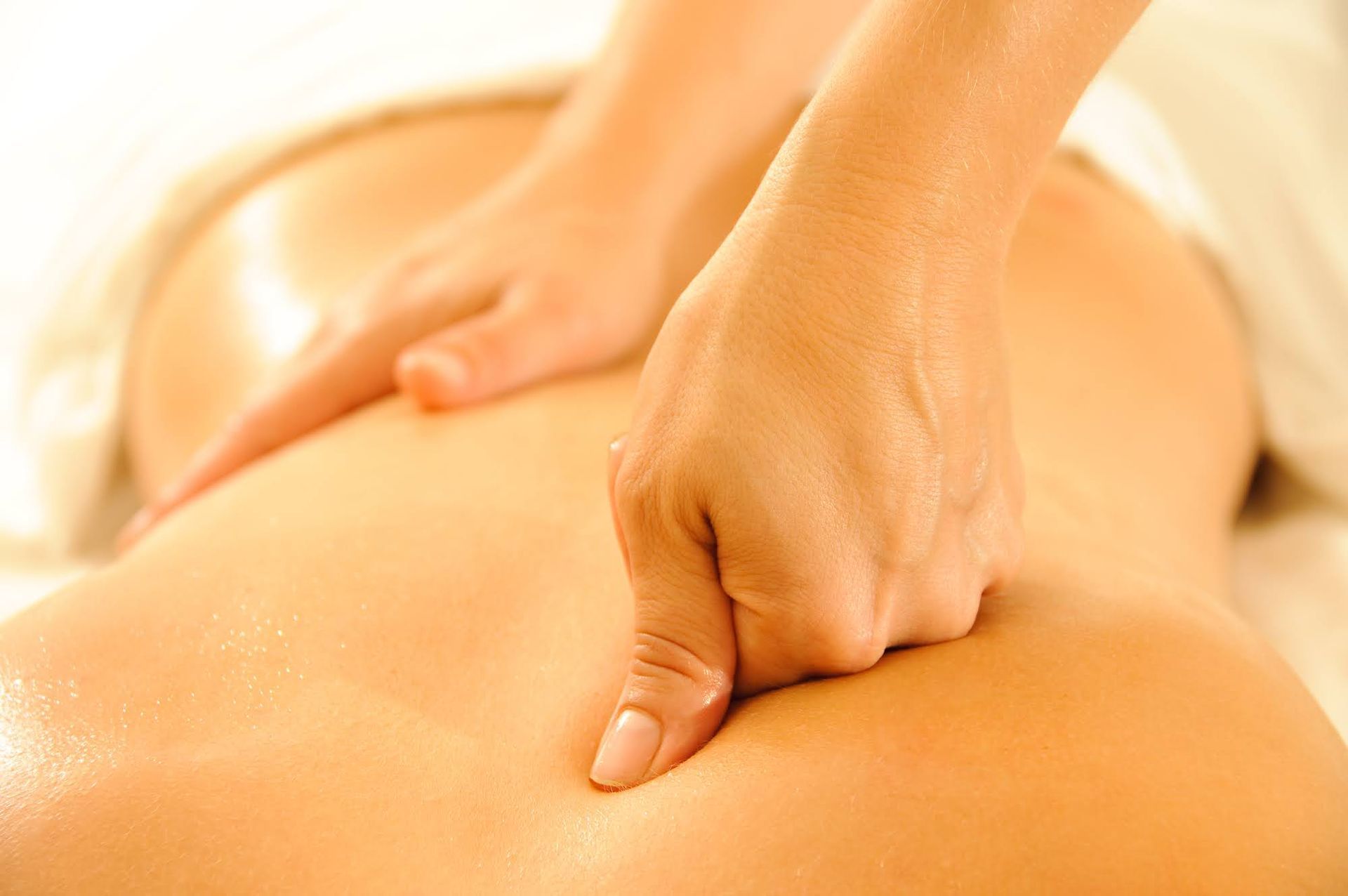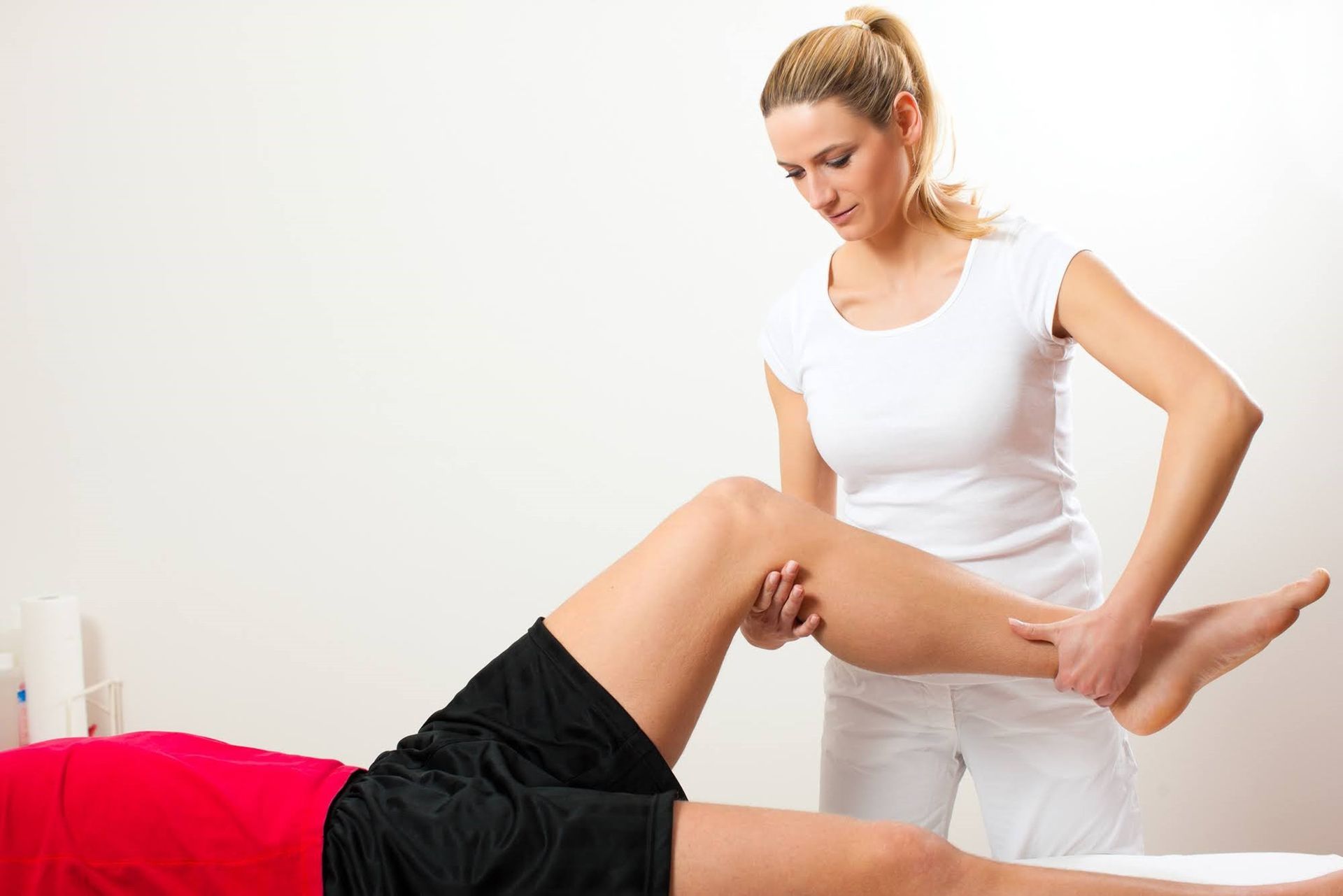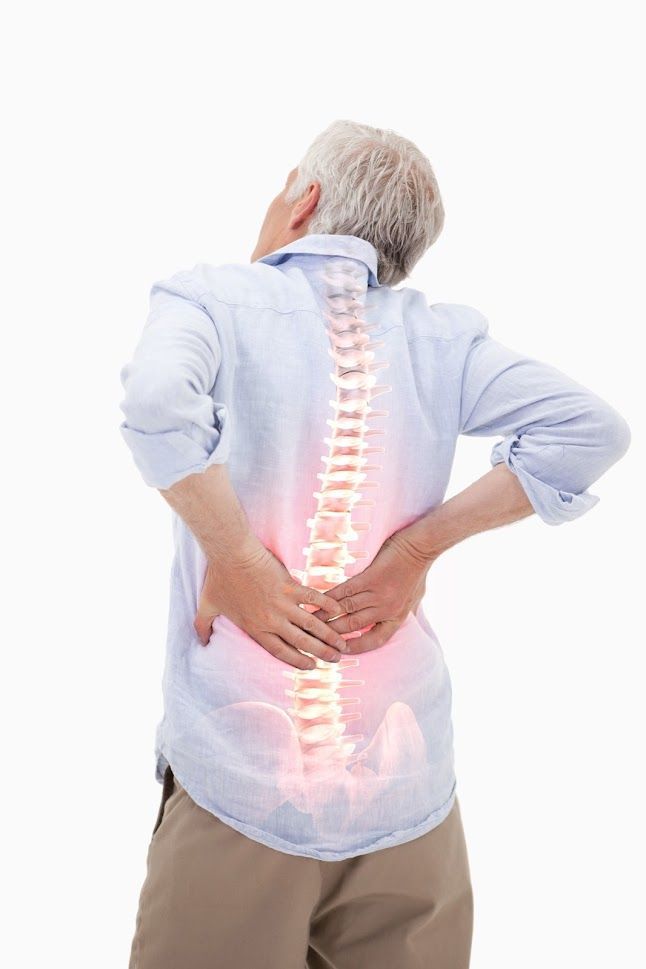Whiplash and Physical Therapy

Whiplash strikes over three million people every year. This injury syndrome, most common in auto collisions, can leave you unable to turn or tilt your head. It also causes a variety of other unpleasant symptoms, such as headaches, dizzy spells, jaw pain, and functional problems in your arms or hands.
Fortunately, modern medicine offers various treatment techniques to help you recover from whiplash, including physical therapy. Take a look at the answers to some frequently asked questions about what kinds of damage whiplash can cause and how physical therapy can help treat this condition.
How Does Whiplash Injure the Neck?
Whiplash gets its name from the violent, whip-like head motion that does the actual damage. If your upper body receives a forceful jolt (either from an auto impact or in a workplace, sports, or home accident), the weight of your head throws it forward and backward at high speed. These exaggerated motions damage the neck.
Common neck injuries in a whiplash incident include torn neck muscles and tendons, stretched ligaments, dislocated neck vertebrae, and herniated discs in the cervical spine. Herniated discs can also pinch nerve tissue, causing weakness, tingling, pain, or numbness in the arms and hands.
How Does Passive Physical Therapy Treat Whiplash?
In the first weeks following your whiplash injury, treatment may focus on relieving pain and reducing acute swelling or inflammation. In addition to whatever medications your doctor may prescribe, you can benefit from passive physical therapy during this period. Passive physical therapy demands no physical effort from your neck.
Passive physical therapy techniques for whiplash typically include heat, cold, massage, and ultrasound therapies. Heat applied to your neck boosts the circulation, thus nourishing injured tissues. Cold applied to the neck reduces pain and swelling. Your physical therapist can instruct you on how to alternate these therapies.
Like heat therapy, massage therapy increases blood flow and fluid circulation to help your neck heal. It can also help work out the muscle knots, spasms, and emotional stress that often accompany a painful injury such as whiplash. Fascial release therapy and cross trigger friction techniques can address deeper tissue problems.
Ultrasound provides a useful complement to massage therapy. When your physical therapist holds an ultrasound device against the neck, the sound waves the device emits relax tissues and enhance circulation.
What Physical Therapy Exercises Can Rehabilitate a Whiplash Injury?
You might think that you should keep an injured neck absolutely still throughout your recovery period, especially if you've seen countless movies and TV shows that display whiplash sufferers wearing cervical collars at all times. In reality, medically approved neck exercises can speed healing while restoring both strength and flexibility.
Once your neck has responded to passive therapy techniques with reduced pain and swelling, your physical therapist may approve you for active therapy with gentle exercises. These exercises will rid you of any acquired stiffness (also known as muscle guarding) that your body has imposed to prevent further damaging motions.
Physical therapy exercises for whiplash injuries may start with easy head-rolling motions to reactivate and limber those unused neck muscles. Chin tucks performed while lying down can strengthen weakened neck tissues. Your therapist may also prescribe exercises to rehabilitate the muscles that connect the shoulders to the neck.
If you struggle with neck pain, loss of neck mobility, hand and arm problems, and other common whiplash symptoms, pay a visit to Advanced Physical Therapy. Our team will evaluate the damage and prescribe a personalized rehabilitation plan to get your neck working normally again. Contact our office today. We look forward to seeing you soon to help with your physical therapy needs.

















